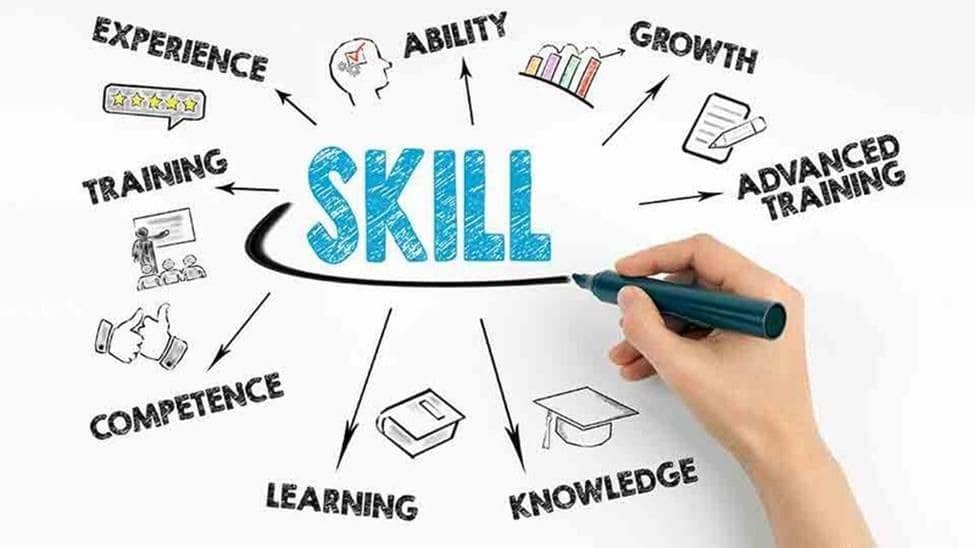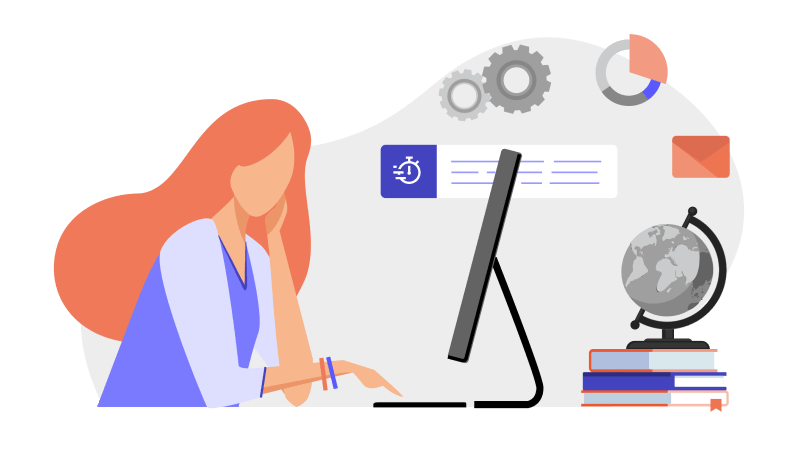Education is the foundation upon which careers are built, but the transition from the classroom to the real world requires a unique set of skills and perspectives. This article explores the importance of going beyond traditional academic learning and delves into the nuances of acquiring and applying knowledge in the real world to thrive in today’s competitive job market.
While classroom education provides a solid theoretical framework, real-world application is the litmus test for the practicality of that knowledge. Graduates often find that the ability to apply what they’ve learned in a dynamic and unpredictable work environment is crucial for success. It’s not just about regurgitating facts; it’s about understanding how to adapt that knowledge to solve problems, make decisions, and contribute meaningfully to the goals of a company or organization.
One of the key aspects of going beyond the classroom is developing a keen sense of practicality. The real world is rarely as structured as a classroom setting, and professionals must learn to navigate ambiguity, uncertainty, and real-time decision-making. Acquiring this skill is fundamental to thriving in a range of professional environments, from fast-paced startups to established corporate settings.
Internships, mentorships, and hands-on experiences play a pivotal role in bridging the gap between classroom learning and real-world application. These opportunities provide a glimpse into the day-to-day challenges and responsibilities of a particular role or industry. They allow individuals to test their theoretical knowledge in a practical setting, gain insights from experienced professionals, and build a network that can be invaluable in future career endeavors.
Furthermore, the real world demands a set of interpersonal skills that go beyond what is typically taught in classrooms. Effective communication, teamwork, and adaptability are essential in navigating the complexities of professional relationships and workplace dynamics. Being able to collaborate with diverse teams, communicate ideas clearly, and adapt to changing circumstances are skills that can significantly enhance one’s success in a career.
Continuous learning remains a crucial component even beyond the classroom. The real world is not static, and industries evolve. Professionals must stay informed about the latest trends, technologies, and best practices relevant to their field. This commitment to ongoing learning ensures that one remains competitive and adaptable in an ever-changing job market.
In conclusion, going beyond the classroom is a transformative journey that involves applying theoretical knowledge to real-world situations, developing practical skills, and honing interpersonal abilities. Success in the real world requires a combination of educational foundation, hands-on experiences, and a commitment to continuous learning. By embracing these principles, individuals can not only navigate the complexities of the professional landscape but also thrive and make meaningful contributions to their chosen fields.

